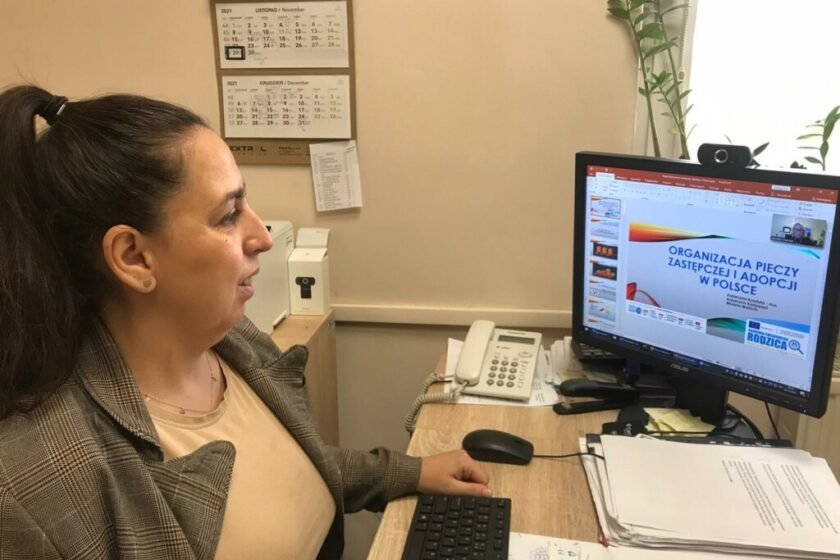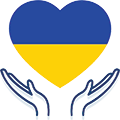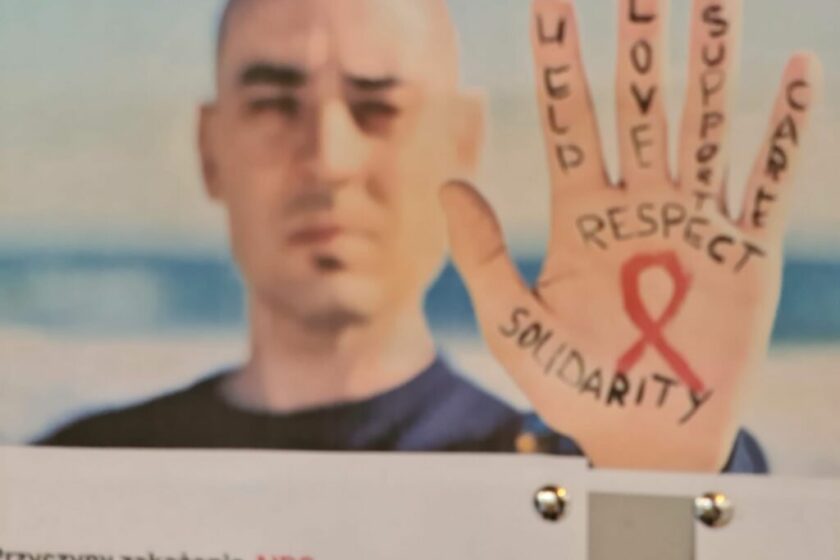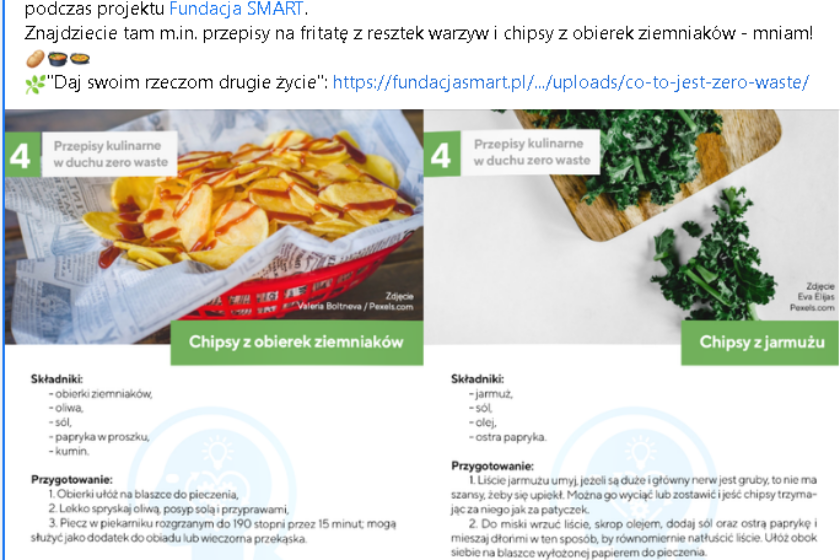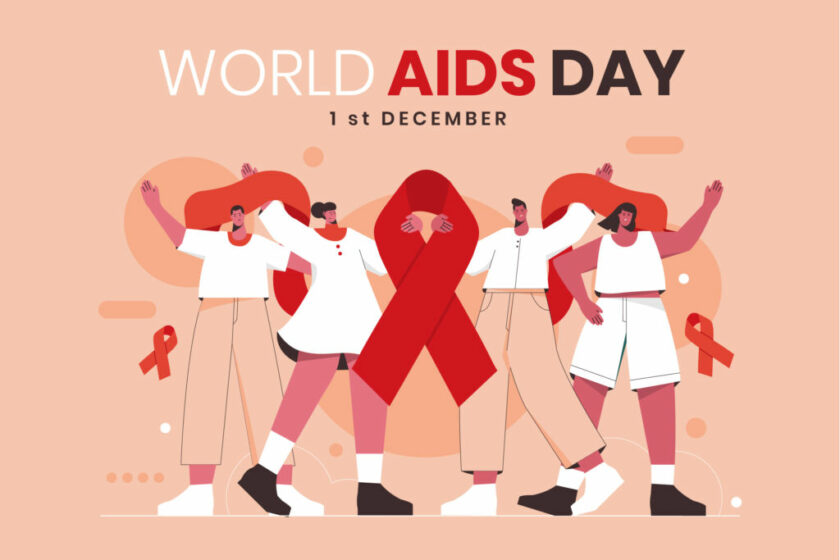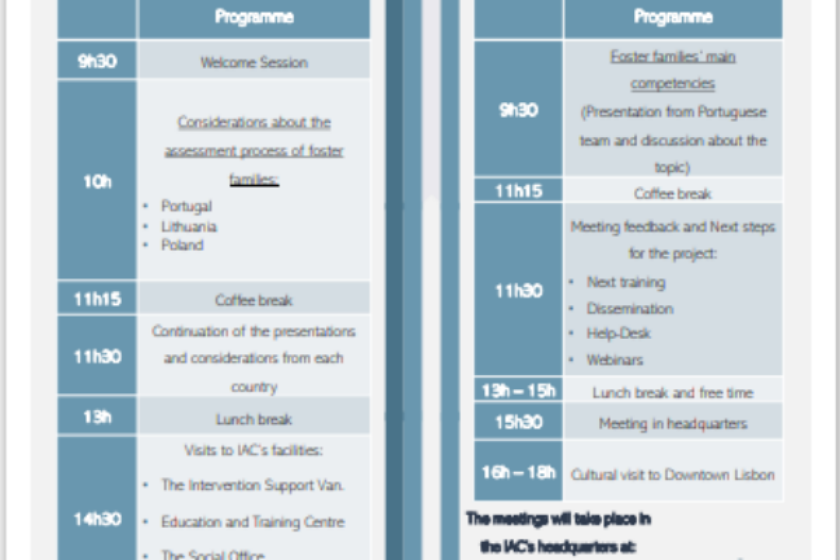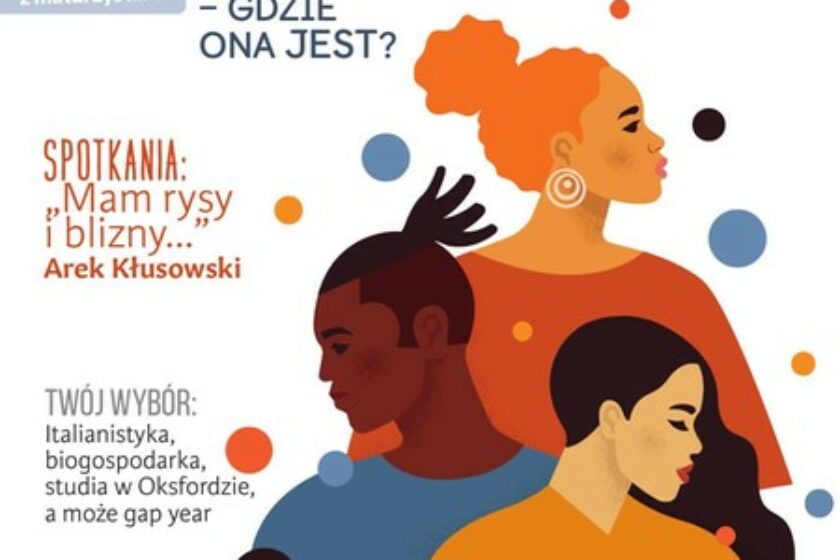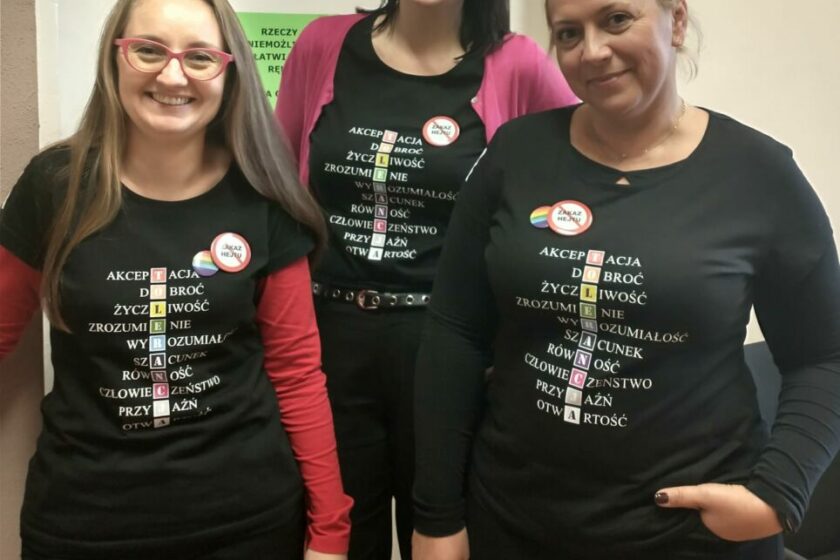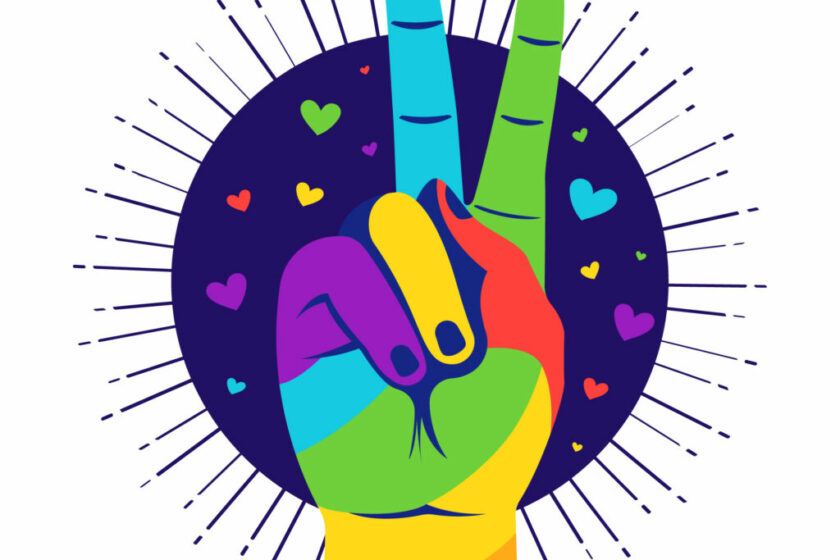On December 2 and 3, 2021. Mrs. Katarzyna Costła-Hus Deputy Director of the Municipal Social Welfare Center in Żory and Mrs. Katarzyna Kaniepień, Head of the Provincial Adoption Center in Katowice, Branch in Rybnik, participated online in the international conference entitled “Sėkmingos globos link. 2021 ”(in Polish meaning“ Towards successful foster care. 2021 ”) organized by the Ministry of Labor and Social Security in Lithuania. Above people in their speeches referred to the topic of the organization of foster care and adoption in Poland. In addition to the above-mentioned people, speeches on foster care and adoption were presented by specialists from Lithuania and Great Britain. Over 600 viewers attended the conference online. The participation of the Social Welfare Center in Żory in the international conference was possible thanks to the implementation of the project “The Academy of Conscious Parent – a replacement parent urgently wanted”.
